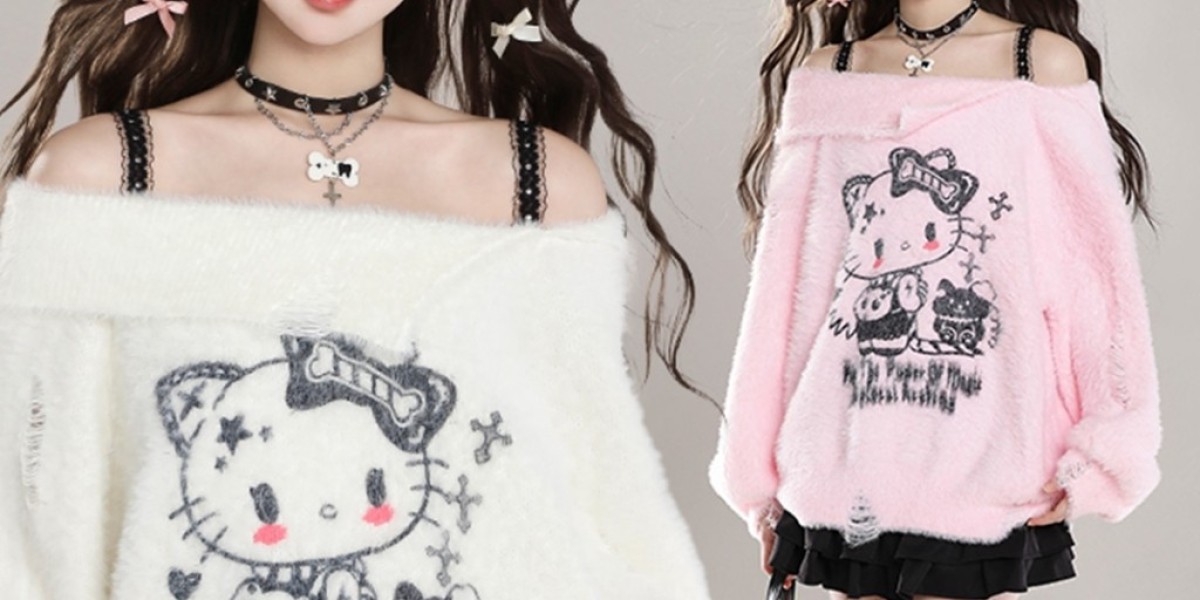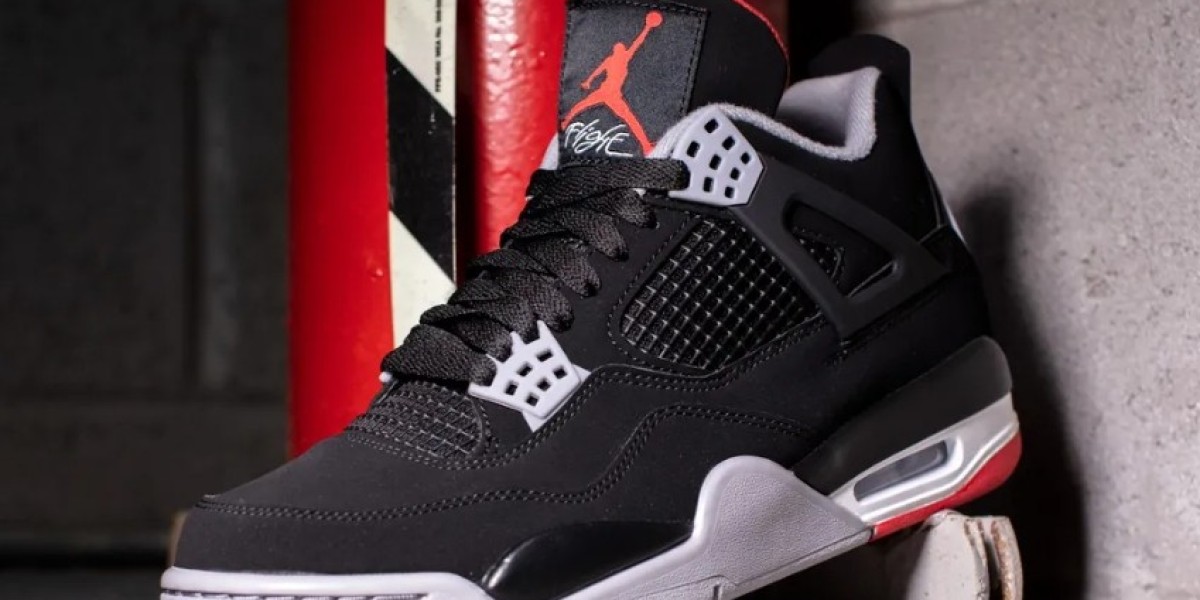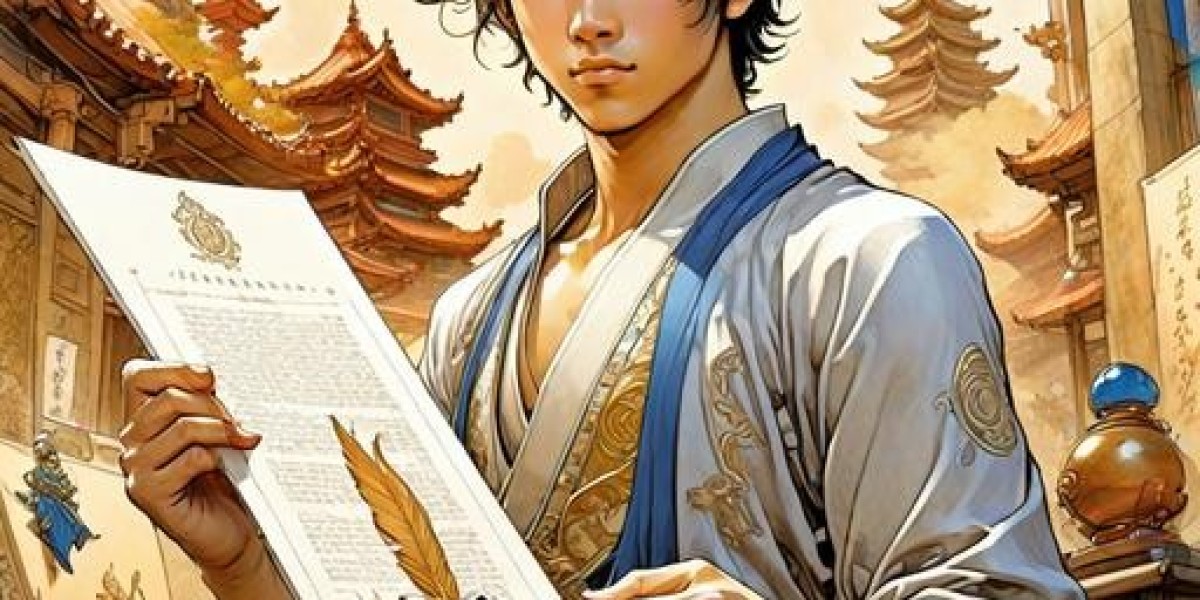Introduction
Anime has been a distinguished aspect of Japanese culture for many years, captivating audiences worldwide with its unique art fashion and storytelling. One specific aspect of anime that has gained widespread popularity is the concept of "kawaii," which interprets to "cute" or "adorable" in English. Kawaii anime outfits, particularly, have change into a significant trend throughout the anime community, with followers replicating these kinds by way of cosplay and vogue. In this text, we will delve into the science behind kawaii anime outfits and discover why they hold such enchantment to followers.
The Psychology of Kawaii
The concept of kawaii goes beyond simply aesthetics; it's deeply rooted in Japanese culture and has psychological implications as nicely. Research has proven that experiencing cute or kawaii stimuli can elicit constructive emotions and enhance emotions of happiness and well-being. This phenomenon, recognized as the "cuteness effect," is believed to be a results of the discharge of dopamine within the brain when exposed to cute images or objects.
Kawaii anime outfits are designed to evoke these emotions of joy and happiness in viewers. The vivid colours, whimsical designs, and exaggerated options typically found in kawaii trend enchantment to our sense of playfulness and innocence. By wearing or emulating these outfits, followers are in a position to faucet into these optimistic emotions and specific their very own creativity and individuality.
Cultural Influences on Kawaii Vogue
Kawaii trend has deep roots in Japanese tradition, with origins relationship back to the 1970s. The movement was initially popularized by the "Harajuku women" of Tokyo, who garnered worldwide attention for their quirky and inventive outfits. Kawaii style has since advanced and diversified, encompassing a wide range of kinds and aesthetics, from the sweet and feminine to the daring and edgy.
Anime has performed a significant role in shaping the kawaii vogue landscape, with many iconic characters sporting outfits that have develop into synonymous with the genre. These outfits usually feature a mixture of conventional Japanese components, such as kimono sleeves and obi belts, with fashionable touches like pastel colors and cute equipment. By combining these disparate elements, kawaii anime outfits are able to create a novel and visually putting aesthetic that resonates with fans all over the world.
The Position of Id and Self-Expression
For a lot of followers, sporting kawaii anime outfits isn't just a trend selection however a form of self-expression and identity. By donning these outfits, followers are in a position to showcase their love and appreciation for the anime and manga collection that inspire them. Moreover, kawaii trend permits fans to interrupt free from conventional gender norms and discover their very own sense of model and creativity.
Studies have shown that clothing can have a profound influence on our self-perception and confidence. By wearing a kawaii anime outfit, fans are capable of embody the traits and characteristics of their favorite characters, permitting them to really feel a sense of empowerment and confidence. This act of function-taking part in can also have a therapeutic effect, helping fans to escape from the stresses of daily life and immerse themselves in a world of creativity and imagination.
In conclusion, kawaii anime outfits are greater than only a fashion assertion – they are a form of self-expression, creativity, and id. By tapping into the psychology of cuteness and drawing on cultural influences, these outfits are capable of evoke constructive feelings and connect followers to the characters and collection that they love. Whether through cosplay or on a regular basis fashion, kawaii anime outfits proceed to be a robust and enduring trend within the anime community.







